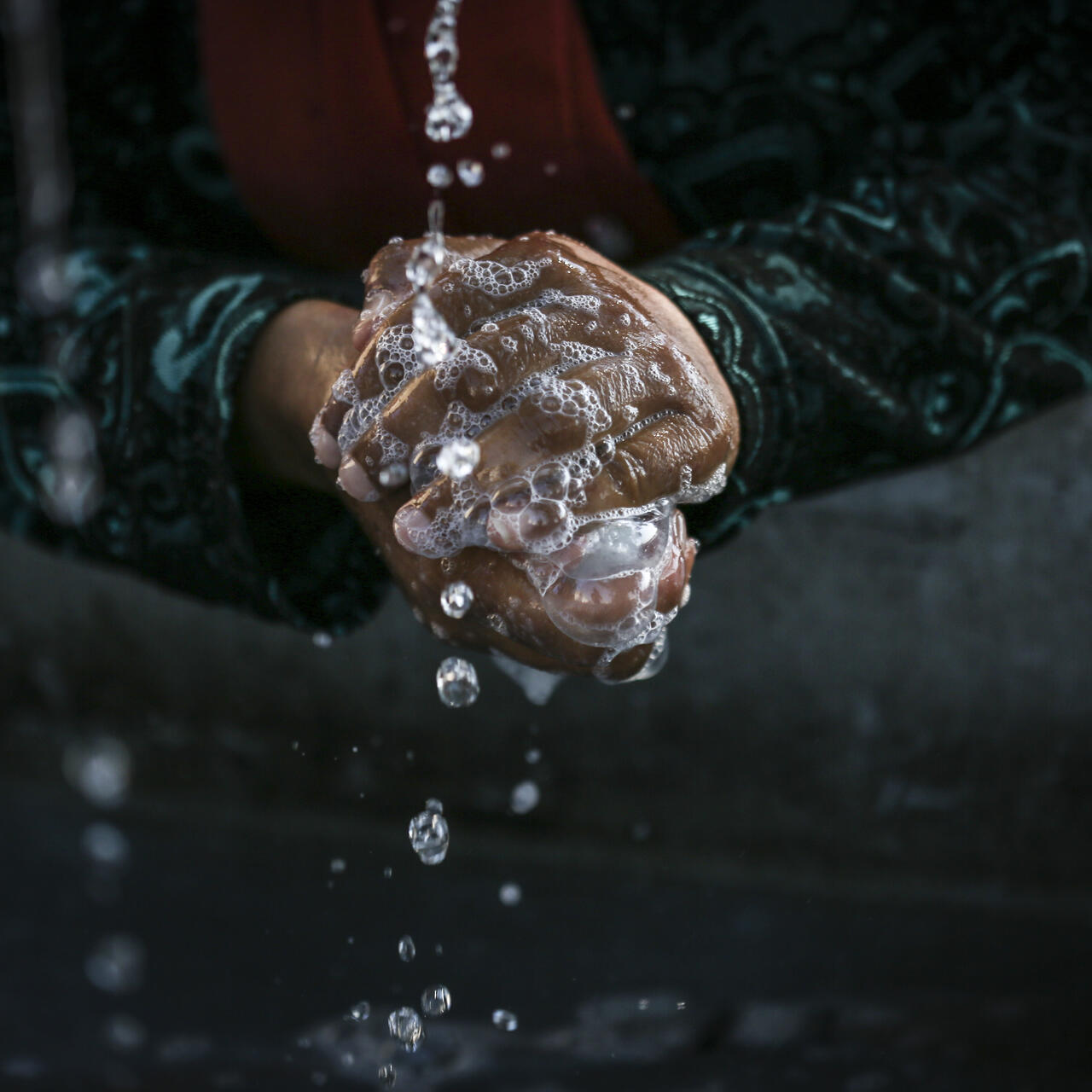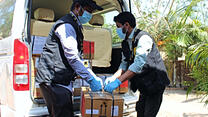
The Coronavirus, or COVID-19, continues to spread rapidly across international borders but will hit hardest in countries already reeling from conflict or natural disasters.
People most at risk include the elderly, those who already have serious health conditions, and those who are displaced from their homes by crisis and living in overcrowded conditions without access to clean water or medical care.
“We know Coronavirus doesn’t respect borders and that it hits the vulnerable hardest, those with weak health systems,” says International Rescue Committee president and CEO David Miliband. “So people living in conflict-affected countries are at considerably greater risk.”
This new virus causes flu-like illness and can spread from person to person. It was first discovered in December 2019 in a seafood market in Wuhan, China. COVID-19 is in the same virus family as SARS and MERS.
We know Coronavirus doesn’t respect borders and that it hits the vulnerable hardest, those with weak health systems.
Past MERS and SARS outbreaks have been complex, requiring countries to launch comprehensive public health responses. But countries such as Afghanistan and Iraq, where conflict or crisis have destroyed clinics and hospitals and weakened health systems, have little chance to effectively to combat the disease without support.
What needs to be done to stop Coronavirus?
Countries in crisis, like those where the IRC works, need international assistance to strengthen their capacity to rapidly detect Coronavirus, respond, and prevent further transmission of the disease. This includes helping countries invest in Coronavirus surveillance; infection prevention and control at health clinics; protective gear, medical supplies and drugs; training of health workers to be able to identify, isolate and treat the symptoms of the disease; and outreach to communities so that people have the knowledge and resources to protect themselves and prevent the transmission of the virus.
What is the IRC doing to combat Coronavirus?
The IRC is providing assistance to people living in crisis in Coronavirus-affected countries and is working to train staff worldwide to protect themselves and reduce the risk of the disease being spread. We are also putting a plan in place to ensure that, even if/when the virus spreads to areas we operate in, our ongoing lifesaving work can continue safely, as much as possible. And we are also supporting local efforts to contain the virus and further reduce the impact of the outbreak within these communities.
In the United States and Europe, the IRC is also prepared to respond if Coronavirus arrives among communities of refugees and migrants where we work, whether in neighborhoods, arriving from warzones, or along the routes that people take to flee crisis.



